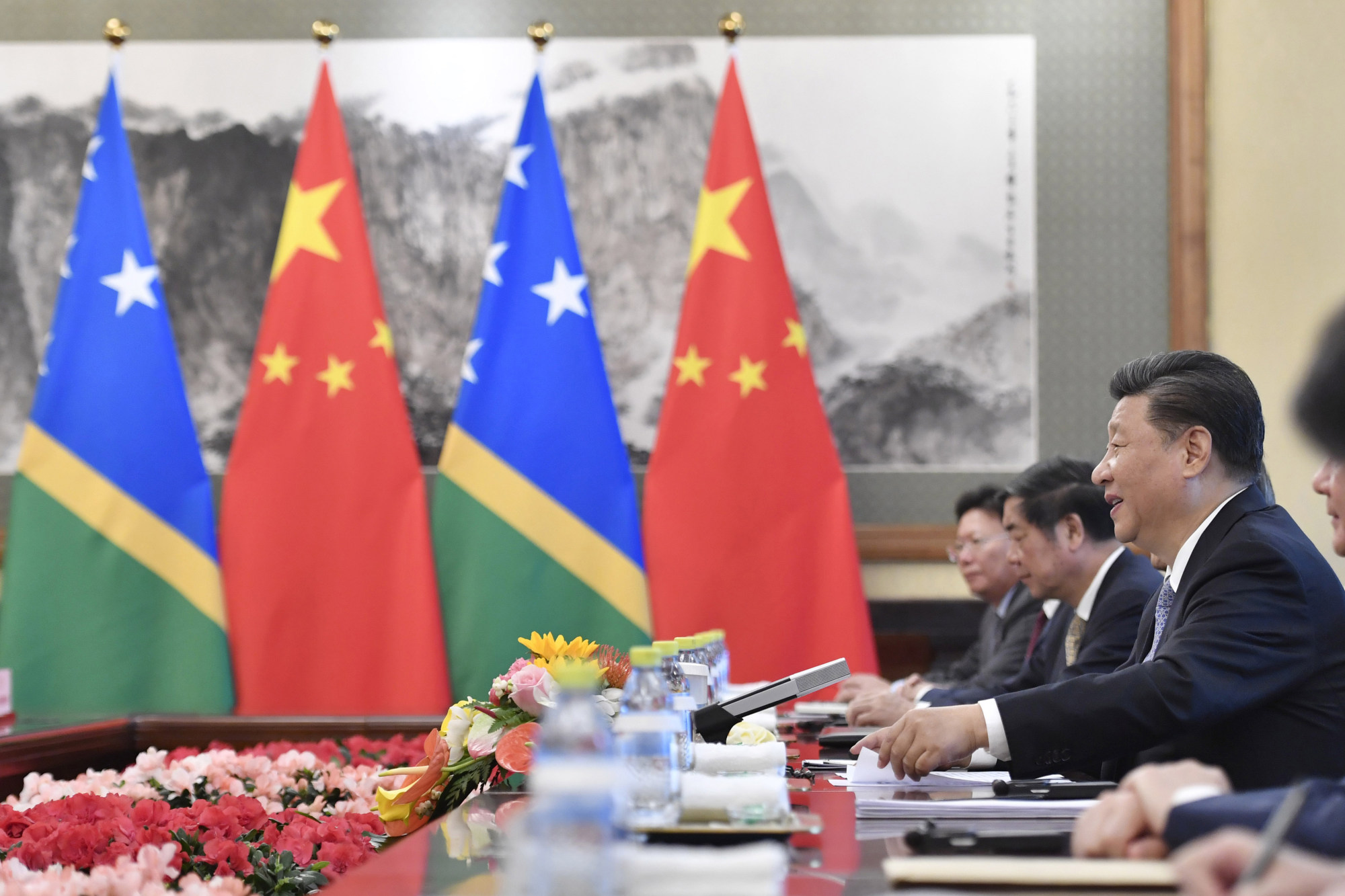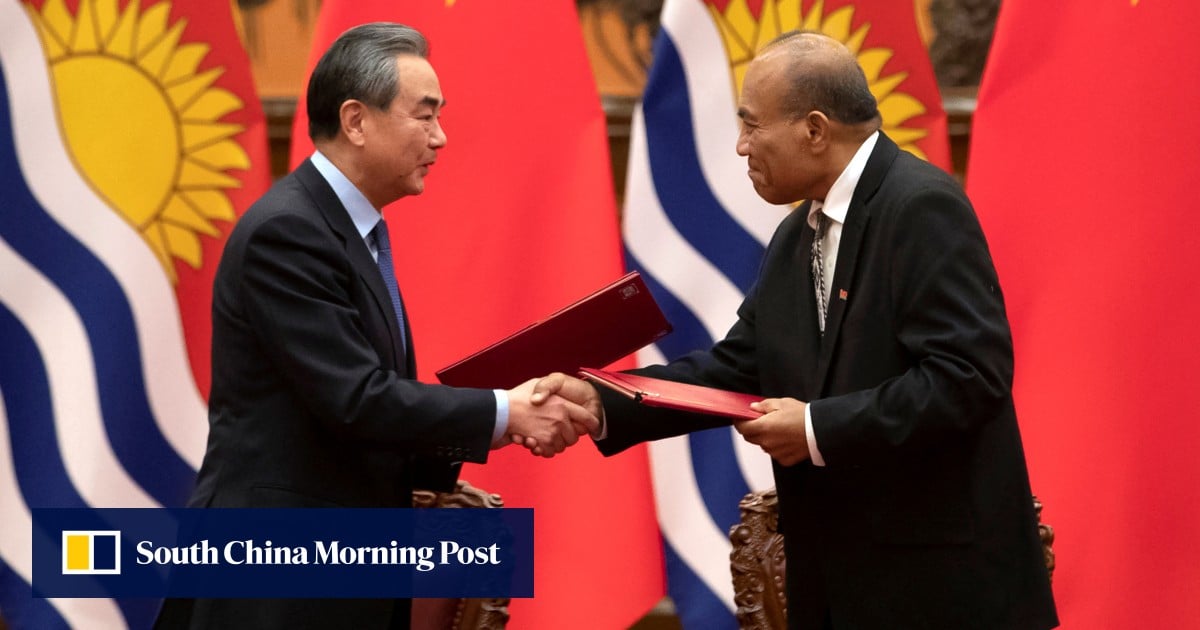
China’s overall aid to the island states in 2021 – the latest year for which the international policy think tank has comprehensive data – was US$241 million. The year continued a downward trend in Chinese grants and loans to some of the world’s most aid-dependent countries since China’s US$384 million peak in 2016, the institute reported.
What does UN vote on Israel-Gaza ceasefire say about US’ Asia-Pacific influence?
What does UN vote on Israel-Gaza ceasefire say about US’ Asia-Pacific influence?
The latest report revises previous Chinese annual contributions based on additional data but maintains the downward trend.
“It reflects a strategic shift to reduce risk, cement political ties and enhance capital returns,” the report said.
China’s US$3.9 billion aid to the Pacific since 2008 was primarily directed to countries with official diplomatic ties to Beijing: these include Cook Islands, Fiji, Micronesia, Niue, Papua New Guinea and Samoa.
“Because China only provides ODF (official development finance) to a subset of Pacific countries, it can play an outsize role in these countries that belies its moderate role share of total regional financing,” the report said.
US and Australia set to announce infrastructure plan for Pacific Island nations
US and Australia set to announce infrastructure plan for Pacific Island nations
China was only the third-biggest aid contributor to Pacific after Australia, which provides 40 per cent, then the Asian Development Bank, the report said. China’s contribution since 2008 has been 9 per cent.
The decline in Chinese aid has been driven mainly by a lack of Pacific government interest in Chinese loans that have left Pacific countries including Tonga heavily in debt. The US has warned that Chinese finance is a debt trap for poor countries that threatens their sovereignty.
“What is very clear is that the interest from Pacific governments in Chinese loans, specifically infrastructure loans, has declined,” Lowy researcher Riley Duke said. “It’s just being outcompeted.”
China held a third share of the infrastructure investment in the Pacific market two decades ago, but that proportion had since halved, the report said.

